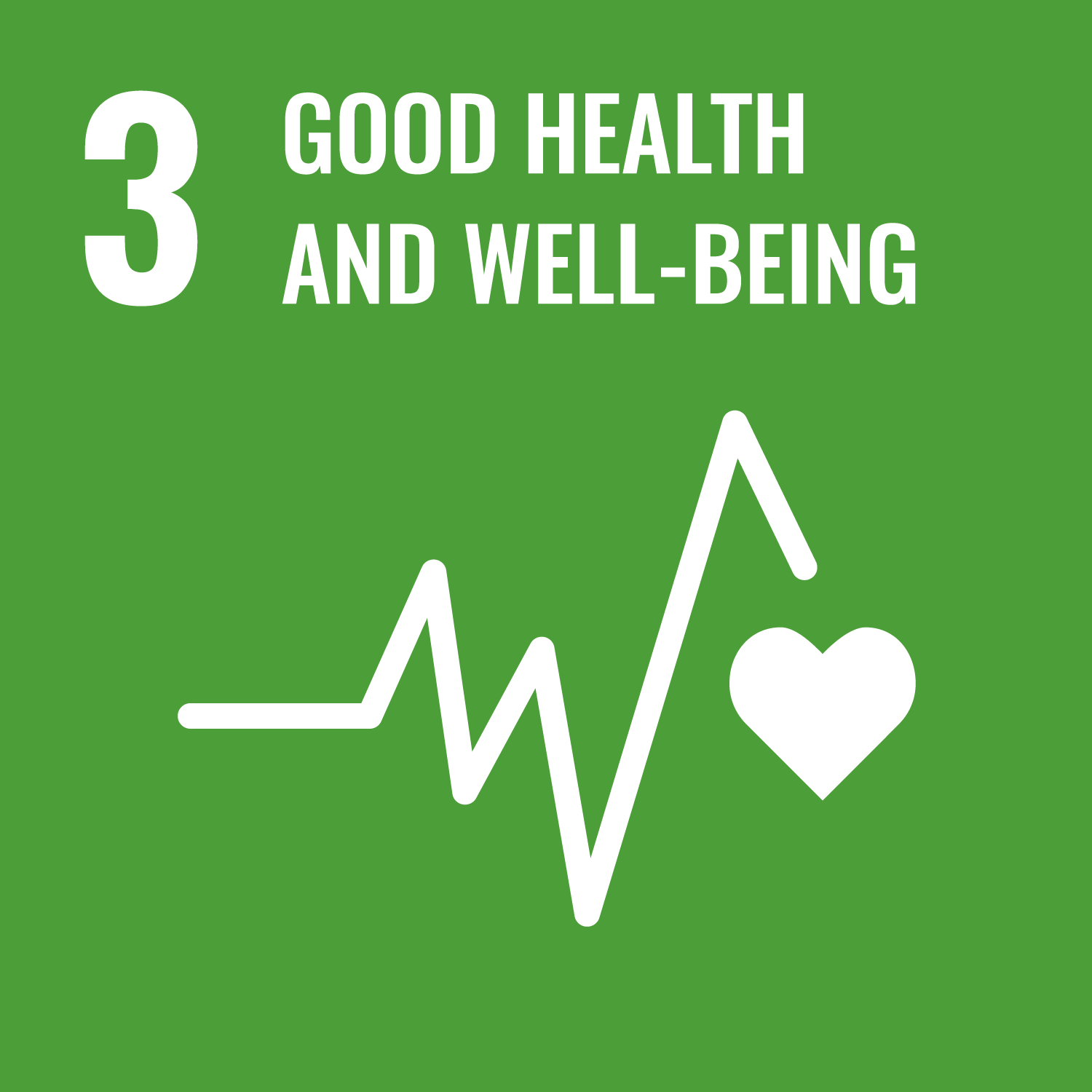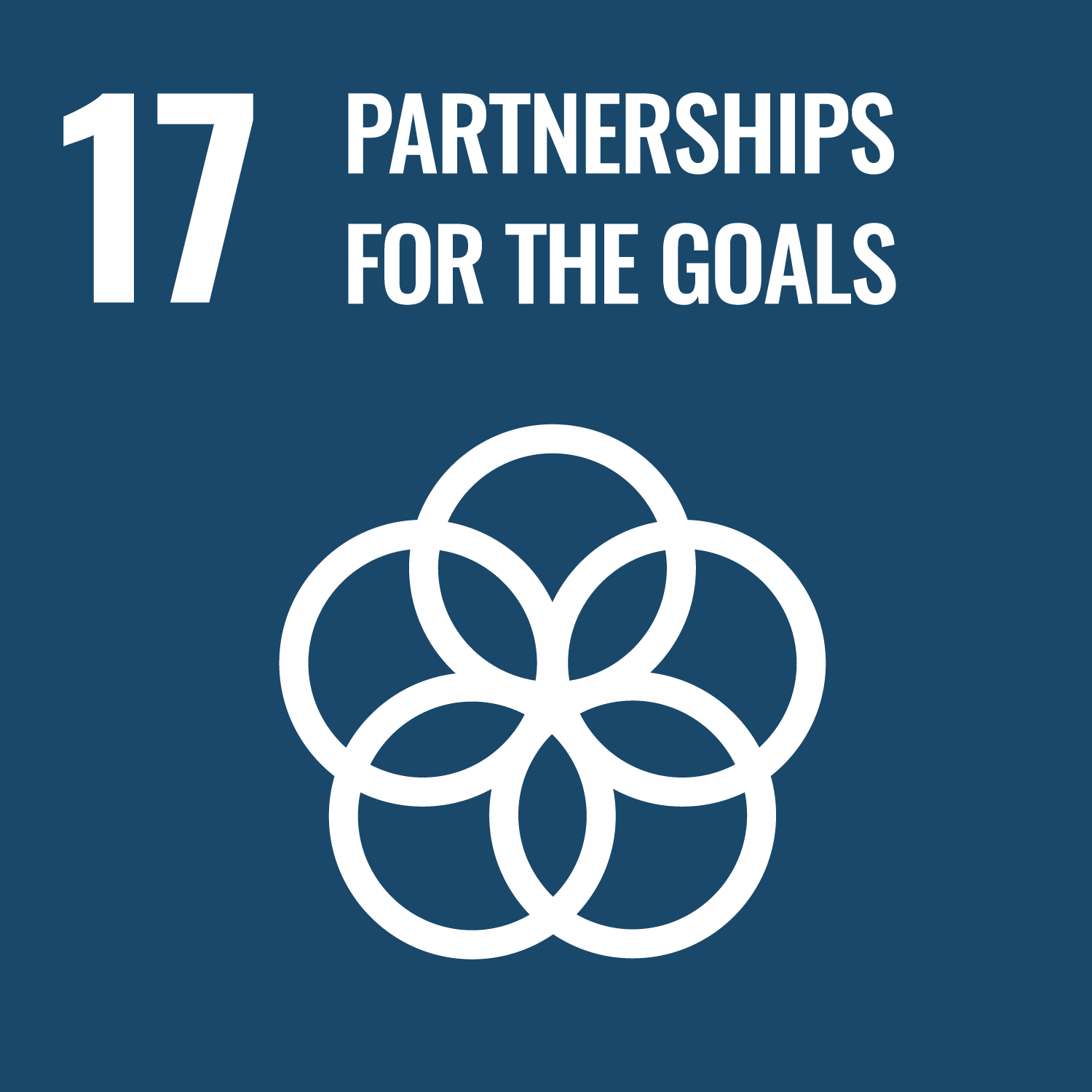Changing Demographics
Nurturing humanity

Overview
We see inequality in healthcare
The quality of healthcare is inconsistent, with variations in treatment outcomes both between and within countries and among providers. Additionally, there are unmet patient needs due to a lack of appropriate therapeutic and diagnostic solutions, and healthcare costs are rising along with increasing, inefficient expenditure.
Impacted SDGs



Key megatrends
Aging demographics, global population growth and new diseases
Current investments
7
Exited investments
3
Investment range
EUR 40-200 m
Invest. advisory professionals
12
What are the challenges?
Variable quality of care
Treatment outcomes vary between and within countries and providers.
Large variance in cancer survival rates globally, e.g., ~8x variance for stomach cancer.
Unmet patient needs
Lack of appropriate therapeutic and diagnostic solutions.
¼ of all deaths are premature and more than 95% of rare disease patients lack anFDA-approved treatment.
Rising healthcare costs
Increasing and wasteful healthcare expenditure.
Costs are growing at 1–2 p.p. above GDP -30%+ of expenditure is estimated to be waste in advanced healthcare systems.
What are the solutions?
Omics
Improve disease diagnosis, prevention and treatment.
- Technologies that measure some character-istic of a large family of cellular molecules, e.g., genes, proteins, or small metabolites, can be grouped as Omics
- Innovation is driving technologies that will enable better solutions across diagnostics and pharma
- Large market with pockets of strong growth
Synthetic biology
Improve treatments incl. for previously untreatable diseases.
- The combination of science and engineering with the aim to construct new biological entities and redesign existing ones
- Cell therapies, gene therapies, new generation of vaccines, etc. enabled by synthetic biology solutions
- High-value segments with potential for high growth and impact
Health tech
Unlocking the power of data to enable development of new and improved solutions.
- Data and analytical methods are changing how we understand biology, pathologies, predispositions, pandemics, etc.
- Health tech cuts across the life science space, and into the space of provider, payor and patients
- Large space with many growing and emerging niches, where the domain needs to evolve in to an industry
Theme Lead

– In the early days of my business degree, I always regretted not studying medicine instead. I did not have the guts to change
and follow my heart.
Since then I changed my strategy to focus on the things that inspire me and that I think are really important. The strategy we deploy in healthcare at Summa makes me hope for the future. Now more than ever, we need our healthcare systems to be resilient and provide better health at a sustainable cost. Investing in companies that can help nudge our healthcare systems in the right direction is a humbling and inspiring task
Healthcare technology will drive better patient outcomes and make healthcare more affordable for society.
The development of new drugs is a time-consuming and expensive process, with a high rate of failure. However, healthcare technology has the potential to make drug development more efficient and to help pave the way to precision medicine.
Through investments in leading areas of healthcare technology, Summa seeks to support and accelerate this impact potential. Ultimately, healthcare technology represents a powerful lever to address challenges facing drug development and help drive better patient outcomes and lower costs.
Advanced analytics technologies represent one promising area. Techniques such as artificial intelligence and machine learning algorithms are helping identify potential drug targets more quickly and accurately than traditional methods. These technologies are able to analyze large sets of data, including genomic and proteomic data, to identify potential drug targets and predict the effectiveness of potential drugs.
Real-world-evidence (RWE) sources and techniques represent another way health care technology can transform clinical development. Advances in data analytics and machine learning enable researchers to extract insights from RWE to inform clinical development. This includes identifying new patient populations,
including expanding clinical trials to underrepresented populations; revealing new treatment options; and improving
the speed and effectiveness of the drug development process.
In addition, new digital tools like electronic data capture systems and wearable devices are facilitating more accurate and efficient data collection. These digital tools help researchers make more informed decisions and shorten the time required for clinical trials. This will not only help reduce the costs associated with drug
development but also enable patients to access life-saving treatments for their conditions sooner.
Advancements in healthcare technology are also helping drive the transition to precision medicine. Precision medicine aims to tailor treatments to individual patients based on their unique genetic makeup, lifestyle, and medical history. For instance, as new precision medicine diagnostics integrate into clinical care, clinicians are able to more accurately identify those patients most likely to benefit from a given treatment. In turn, the personalized approach to treatment helps improve patient outcomes and reduce unnecessary side effects.
